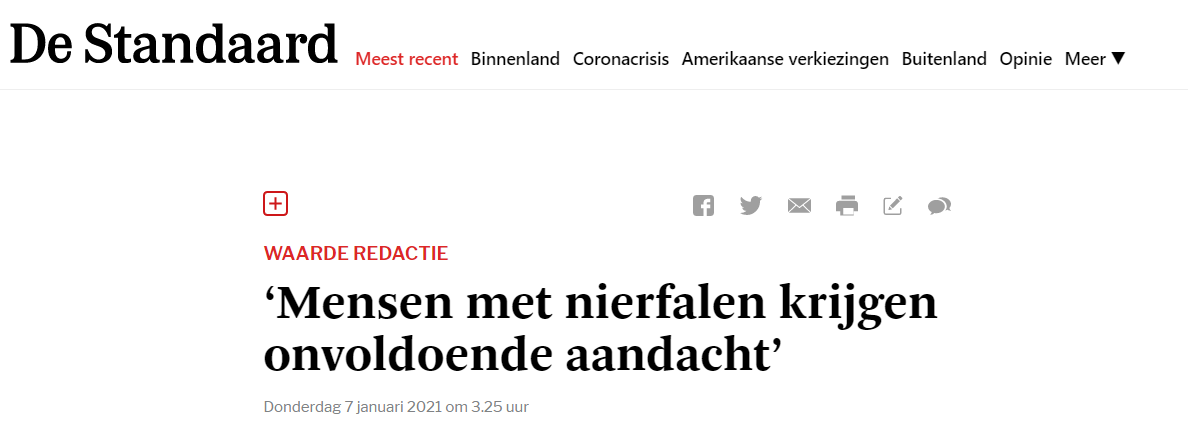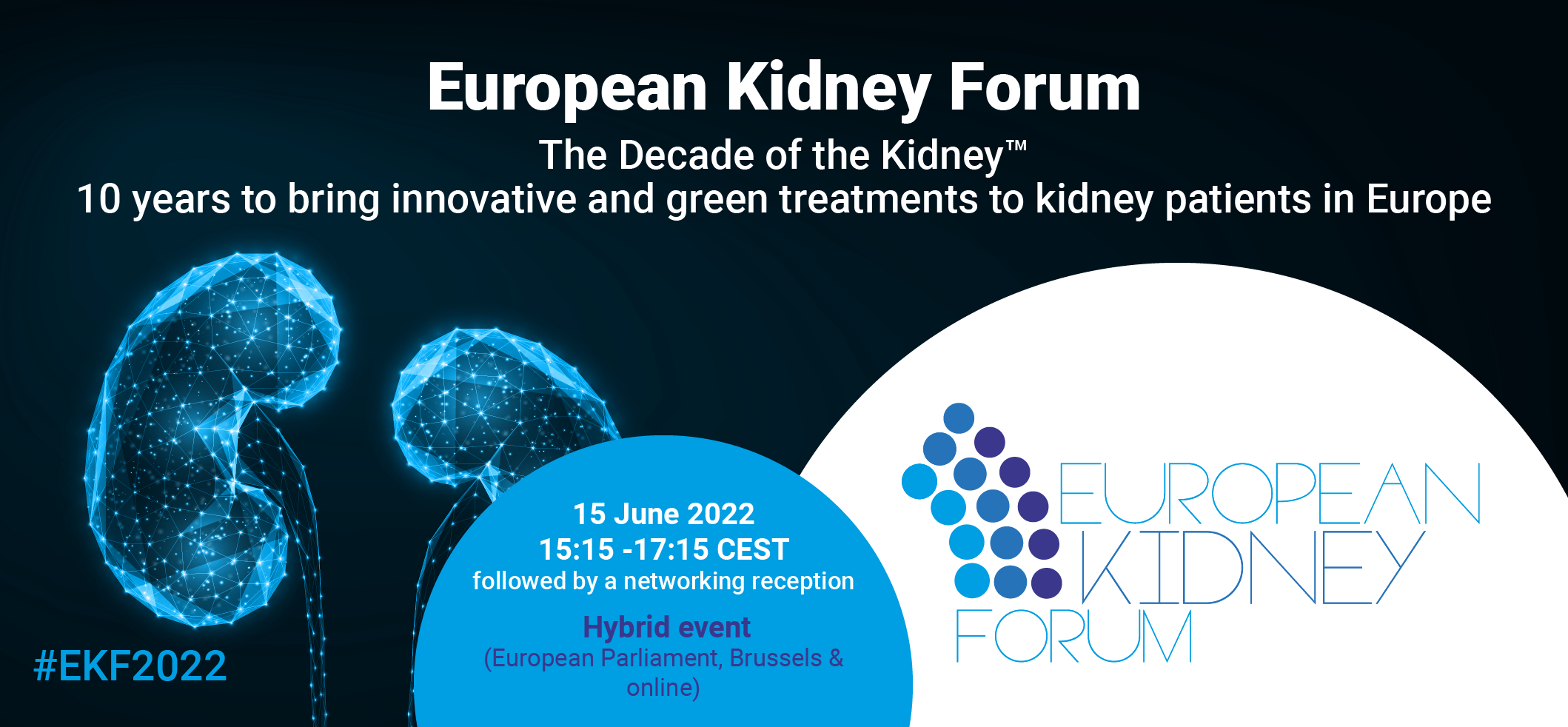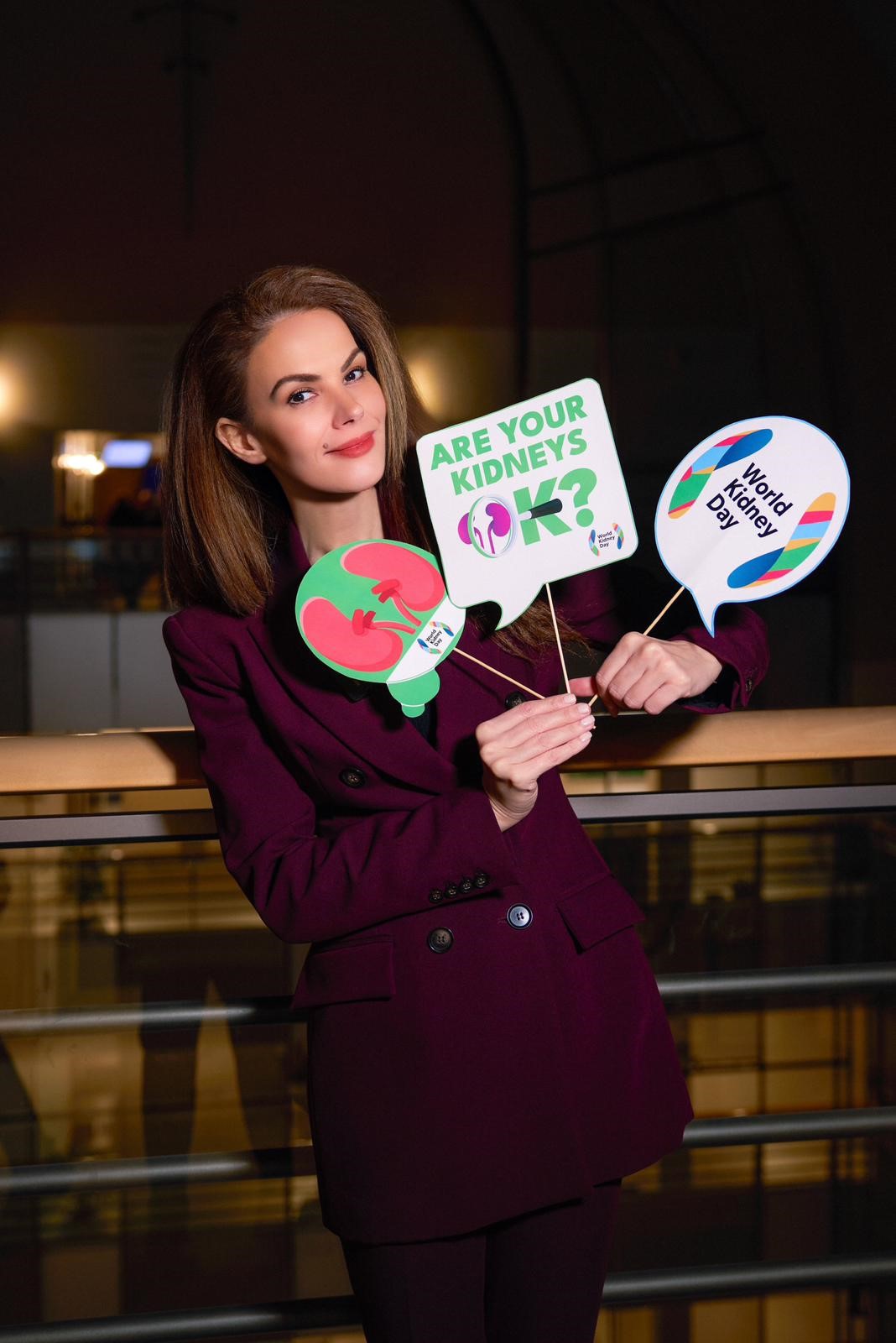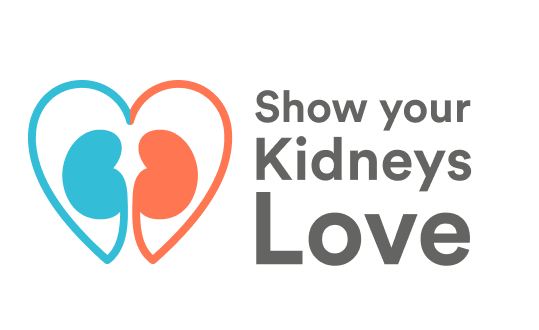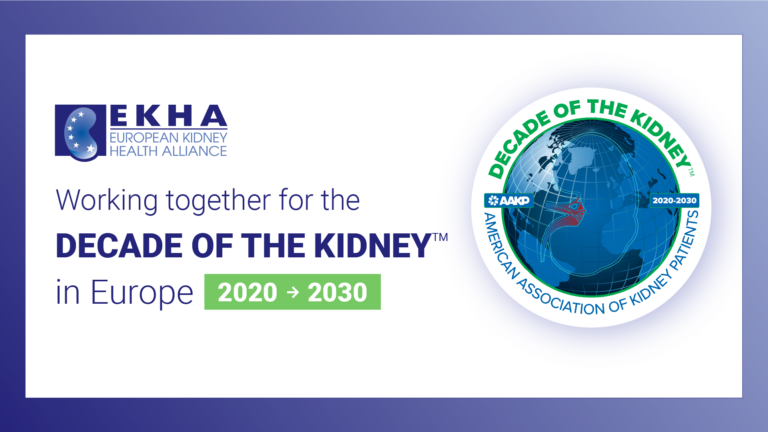‘People with kidney failure don’t get enough attention’
In a letter to the Flemish daily newspaper ‘De Standaard’ published in Belgium, EKHA President Prof Raymond Vanholder calls attention to the burden of kidney disease in Europe and explains why EU policymakers should do more to support scientific research in the field of renal failure.
COVID-19 pandemic has exposed the vulnerability of kidney patients as one of the groups with highest risk of hospitalisation and death. Yet, despite alarming epidemiological data, COVID-19 vaccination campaigns do not necessarily give priority to persons with kidney failure. The fact that the first British patient to receive the Oxford–AstraZeneca COVID-19 vaccine is a patient treated with an artificial kidnet was barely mentioned in the media is a case in point.
In addition to problems with chronic kidney failure, the pandemic also showed an increased risk of another form of kidney disease, acute kidney failure. Affecting previously healthy populations, acute renal failure was developed by more than half of hospitalised COVID-19 patients, of which more than one third died.
Nonetheless, the problem is much deeper than COVID-19 according to Prof Vanholder. The population with kidney failure has long been a neglected group, as stated recently by MEP Group for Kidney Health Chair, Hilde Vautmans MEP. Currently ranked as the tenth most deadly disease globally according to World Health Organisation data, kidney failure is projected to rank the fifth leading cause of death by 2040. In addition to its highly debilitating symptoms that significantly impact patients’ and caregivers’ quality of life, the economic cost of kidney disease in Europe is estimated to be at least comparable to that of cancer and diabetes mellitus. However, there has been little improvement in the prevention and treatment of kidney failure in decades, with home dialysis as a therapeutic option that offers better quality of life and more protection against infections like COVID-19 remain underexploited. Moreover, challenges remain in promoting transplantation as a life-saving treatment for patients with end-stage organ failure, which offers a better quality of life at lower societal cost.
To pave the way for improvements, innovation is needed – yet unfortunately, European support for scientific research in the field of renal failure is lagging behind and kidney failure is not even listed among the European Union’s top priorities for health research. Inspired by a movement that was started in the United States by kidney patients, the European Kidney Health Alliance calls for 2021-2030 to be the ‘Decade of the Kidney’, whereby the EU makes mitigating the burden of renal failure a priority and supports innovative research to improve the prevention and treatment of kidney disease.
You can access the original news article here (in Flemish language)

